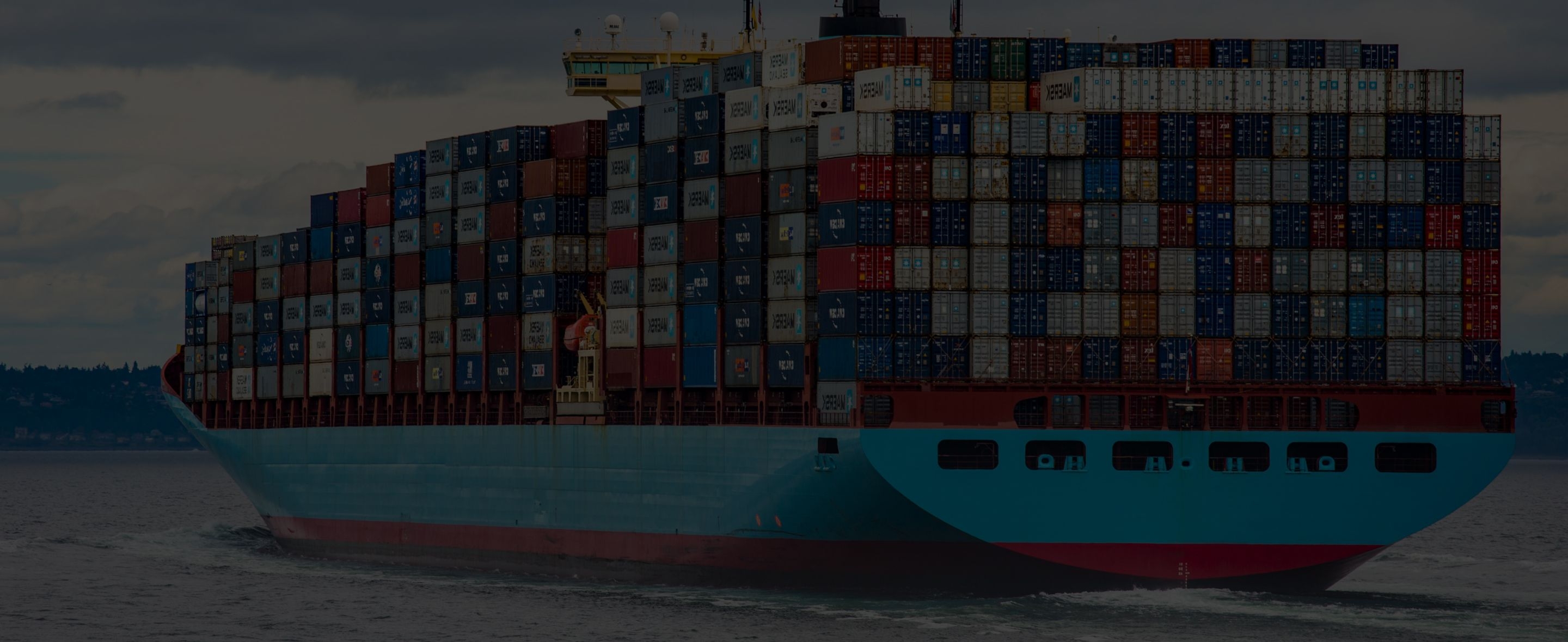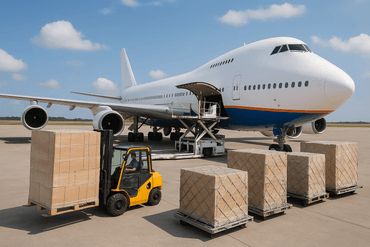
Shipping To Canada From USA: 5 Things to Know



Canada is the United State’s nhttps://www.icontainers.com/rthern neighbor and their relationship has always been lucrative for both sides. Both sides have been beneficiaries of centuries of well-negotiated trade agreements that have led to their prosperity which is why commerce between the two countries is crucial for their economies.
Here are five things to know when shipping to Canada from the United States:
1. It Can Be Expensive
The complex import duty tax for Canada is higher because their low de minimis system hits any goods with a value of over $20CAD with import duty and tax. Plus, the logistics of shipping to Canada can add up really fast meaning the shipping company will transfer some of the handling and surcharge fees to the customer. The logistics of sending shipments to Canada is complicated due to the size of the country which is the second largest country in the world.
2. They are Members of NAFTA
NAFTA is a trade agreement meant to drop the barriers between the US and Canada. This agreement was reached by Mexico, United States and Canada in 1994, eliminating tariffs on goods being imported from one country to another. The agreement particularly favors agricultural, automotive and textile products moving across the three countries.
When exporting from the US to Canada one needs to show NAFTA certification for the tariff exemptions to apply to the goods being imported. The NAFTA certificate can only be filled out by the US exporter and not the Canadian importer. However, the Canadian importer is expected to keep records of their importation documents for six years in compliance with customs regulations. Failure to do this will result in AMPS penalties.
Sometimes importers don’t have the NAFTA certificate of origin from the exporter when the goods are crossing the border. Customs will give a grace period of one year for the Canadian importer to provide a valid NAFTA certificate which will trigger the post-entry recovering of paid duties. For easy processing of goods exported into the country under the NAFTA agreement make sure to fill in the form correctly otherwise the duty exemption will not apply. In 2018, the United States, Mexico and Canada negotiated a new trade agreements namely USMCA which is meant to replace NAFTA. It has the core values of NAFTA but with some changes to keep it up to date with the challenges and growth of industries in the three countries. NAFTA remains in force until USMCA is ratified.
3. Documentation
Shipping to Canada is straightforward as long as one has the following documents accompanying their shipment:
- Canada customs invoice
- NAFTA certificate of origin
- Bill of Lading
- Shipper’s export declaration
- Cargo manifest
In special circumstances, the Canadian customs will require a packing list, import permits, and other special licenses.
4. All goods are not equal.
Some products will pass through Canadian customs without any issues and some others are completely prohibited. The United States Department of Commerce Bureau of Industry and Security (BIS) works hand in hand with Canadian customs and border authorities to govern the export and re-export of goods crossing over from the US. BIS reviews applications for export, re-export, deemed exports and transfers licenses in the United States of America.
This prevents the proliferation of unauthorized or counterfeit goods. Some of the goods prohibited by Canada include:
- Firewood
- Fresh fruit
- Weapons like brass knuckles, pepper spray or tasers
- Pornographic material
- Hate propaganda
- Weapons ranging from knives, fire arms, ammunition, and crossbows. Even hunting and fishing knives are prohibited
It is important to note that Canadian customs officials can search laptops, mobile devices, and desktop computers to ascertain that there is no pornographic material on it.
Labeling the products coming into Canada in English or French is compulsory for proper identification of the ingredients. If labels are not legible customs can confiscate them. Even “Kosher” products are not exempted from such customs regulations.
5. Shipping rules
There are some items that are legal in Canada but shipping them into the country is illegal. For example, cannabis is legalized in Canada but it is prohibited to export the substance from the US in Canadian territory in whatever form. Because it is a highly volatile and highly politicized issue the consequences of shipping such a substance into the country can result in a lifetime ban from entering Canada personally or goods from the exporting company, a blemish on the exporter’s record which will show every time they send goods to Canada and even arrest and prosecution. Even medical marijuana is not allowed into the country.
The Canadian authorities do not give permits to individual exporters to bring cannabis into the country. Such permits are only issued to entities that meet the government criteria. This applies also to firearms and certain plant and animal samples.
Related Articles


